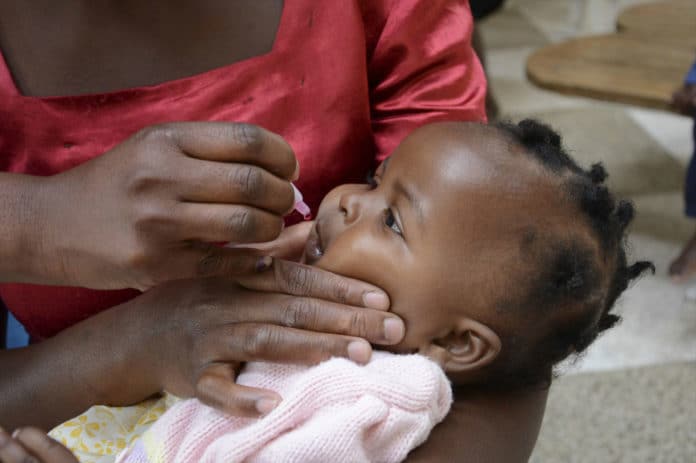Rotavirus is a disease that used to make thousands of babies and young children sick each year. Because of the rotavirus vaccine, the number of youngsters who become ill with the illness in the United States has dropped.
Rotavirus vaccines have a substantial impact on the diminishing rate of rotavirus-associated gastroenteritis or RVGE in high-and middle-income countries. The vaccines’ impact in low-income nations has been less characterized. The vast majority of rotavirus deaths happen in Asia and Africa.
For checking the vaccines’ effectiveness in low-income countries, scientists at the Yale School of Public Health in association with the University of Liverpool conducted a detailed mathematical analysis of rotavirus vaccinations and diarrhea cases reported at the main hospital in Blantyre, Malawi, a low-income country in southeastern Africa that introduced rotavirus vaccine in 2012.
With access to 12 years of pre-vaccination and five years of post-vaccination data obtained through the Malawi-Liverpool-Wellcome Trust Clinical Research Program in Blantyre, Malawi, the scientists explored the magnitude and span of current vaccine protection and the potential waning of vaccine prompted immunity that was being reported. They additionally ran computer modeling simulations to evaluate strategies for improving vaccine adequacy.
The examination anticipated that an extra portion of rotavirus vaccine at nine months of age would give just a humble 5-16% decrease in overall RVGE incidence over the initial three years. The discoveries likewise distinguished other potential explanations behind why the vaccine reportedly wasn’t working so well in low-income countries, other than the vaccine itself.
Associate Professor Virginia Pitzer of the Yale School of Public Health said, “Our analysis revealed that lower vaccine effectiveness during the second year of life is not necessarily indicative of waning rotavirus vaccine protection.”
Professor Nigel Cunliffe of the University of Liverpool said, “Strategies to enhance the immune response to initial vaccination, including the use of next-generation vaccines that are currently in development, may lead to enhanced and more durable vaccine impact.”
Scientists noted, “The study documented a high rate of rotavirus transmission in Malawi; as a result, vaccination provides only partial protection and tends to delay cases among vaccinated infants to the second year of life, according to the study. A poor immune response to oral vaccination due to other causes of inflammation in the gut and interference from other vaccines, such as those for polio, may also impact vaccine effectiveness.”
The study is published in the journal Science Translational Medicine. Other co-authors of the study include Aisleen Bennett, Naor Bar-Zeev and Khuzwayo Jere from the Malawi-Liverpool-Wellcome Trust Clinical Research Programme at the University of Malawi; Benjamin Lopman from the Rollins School of Public Health at Emory University; Joseph Lewnard from the University of California, Berkeley School of Public Health; and Umesh Parashar from the Centers for Disease Control and Prevention.
